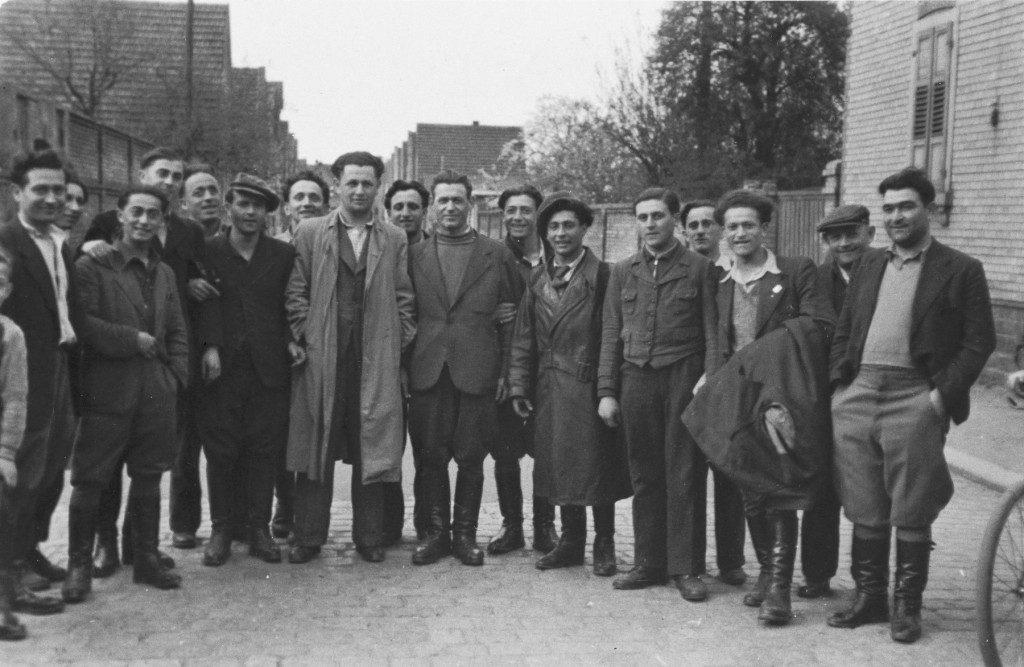
Lampertheim Displaced Persons Camp
For the Jews who survived the Holocaust, the end of World War II brought new challenges. Many could not or would not return to their former homelands, and options for legal immigration were limited. In spite of these difficulties, these Jewish survivors sought to rebuild their shattered lives by creating flourishing communities in displaced persons camps in Germany, Austria, and Italy. In an unparalleled six-year period between 1945 and 1951, European Jewish life was reborn in camps such as Lampertheim.
Lampertheim was a small Jewish displaced persons (DP) camp that opened on December 15, 1945, primarily to provide additional space for refugees from the overcrowded Zeilsheim DP camp. It was situated between Mannheim and Darmstadt in the Frankfurt district of the American zone of occupation. At its peak in 1946–47, the camp housed over 1,200 DPs, many of whom were Polish survivors. The DPs lived in houses requisitioned from the village.
The Lampertheim DP camp boasted a library of approximately 500 Yiddish, German, and Hebrew books, all of which were donated by American Jewish organizations and the Jewish Agency in Palestine. Lampertheim also maintained an elementary school, a Talmud Torah (religious elementary school), a kindergarten, a synagogue, and a kosher kitchen. In December 1947, religious residents of the camp protested against a theater performance on the Jewish Sabbath.
Unusual among DP camps, Lampertheim had a health center, staffed by doctors who were also residents and who helped with the many births in the camp, and a post office which assisted in tracing missing relatives.
The camp's newspaper was entitled Frayhayt (Freedom) and was printed until May 24, 1949, when Lampertheim closed.
Critical Thinking Questions
- What challenges did survivors face in the DP camps?
- What challenges did the Allies face in establishing and supervising DP camps?
- What responsibilities do (or should) other nations have regarding refugees from war and genocide?

